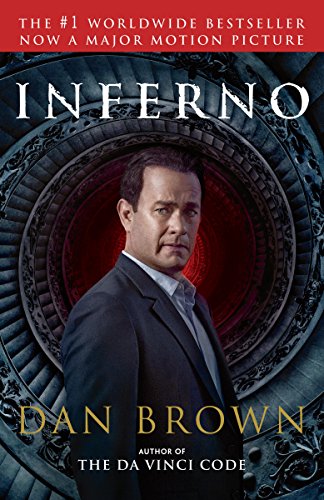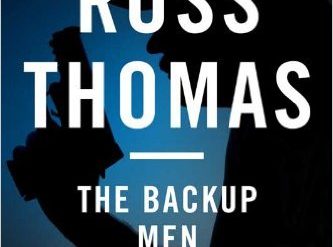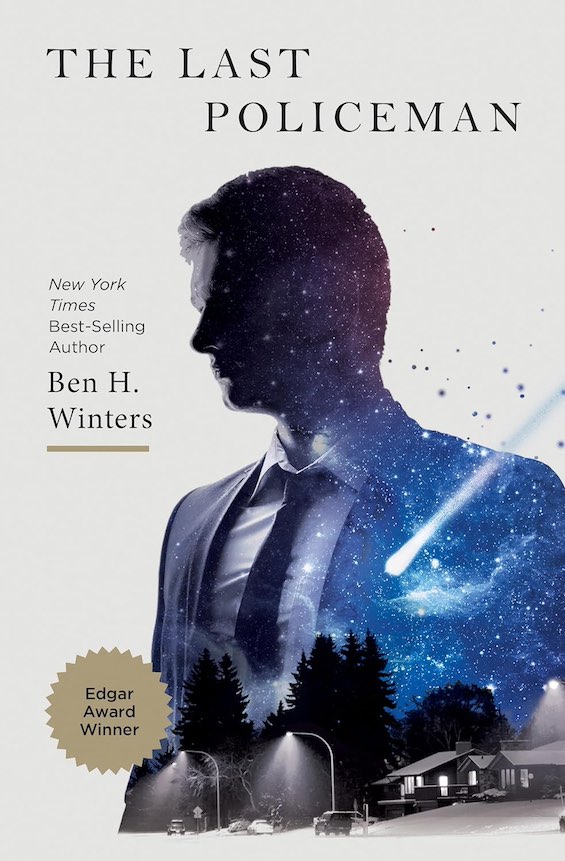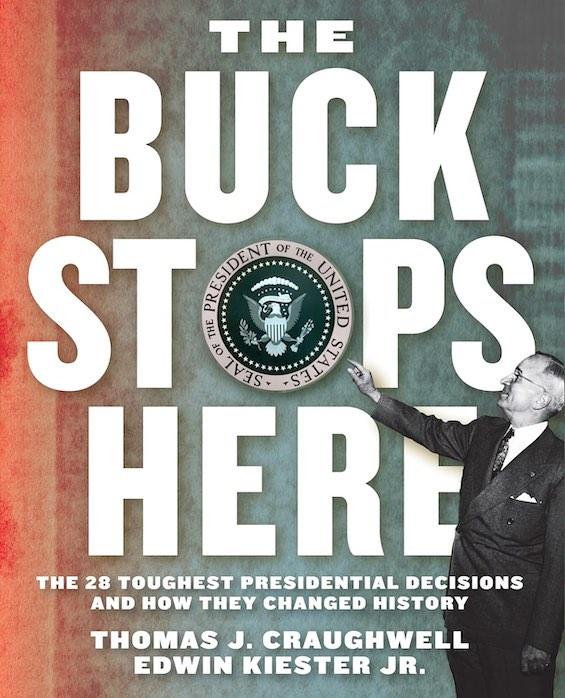
So, today’s subject is Dan Brown.
What can you say about a man who has sold more than 200 million copies of just six novels? Clearly, the guy has got something going for him. And whatever else you might say about The Da Vinci Code and its successors in the Robert Langdon series, lots of people read them.
Estimated reading time: 4 minutes
Far be it from me to advance some psychosexual explanation for this surprising phenomenon. The numbers don’t lie. I can only wonder why.
OK, admittedly, I’ve read all those Dan Brown novels. Yes, I admit it. And I even found the suspense in the first couple of them to be compelling. Brown’s early novels—Digital Fortress and Deception Point—were fascinating to me. And I couldn’t wait to get to the end of The Da Vinci Code because the historical mystery was brilliant and the suspense was excruciating.
Inferno (Robert Langdon #4) by Dan Brown ★★★☆☆
Inferno, not so much. Although there were many surprises in store for me in the book’s final chapters, I’d already figured out some of the fast ones Brown was going to pull as he thundered toward the climax. Because, often enough, it’s possible to foresee the plotline based not on what an author writes as on what he doesn’t write. That sometimes smacks of manipulation, which invariably makes me uncomfortable.
Now, just in case you want to know what Inferno is about, listen up: Robert Langdon finds himself in a hospital bed in Florence with a raging headache and a case of short-term amnesia. He can’t remember a thing about the past three days, and he doesn’t have a clue why the back of his head is bandaged or how or why he got to Florence. Sienna Brooks, his physician—a lovely young blonde woman, of course! Hollywood must be appeased—tells him he’s been shot in the head.
A shadowy character running a global organization
Meanwhile, we are introduced to a shadowy character who runs a mysterious and powerful global organization from his headquarters on a massive converted yacht anchored somewhere in the Adriatic. He appears to be mixed up in Langdon’s misadventure in some way, but it’s clear we won’t figure out how until we’ve read further in the book. Pretty soon another mysterious character—a spike-haired woman in black leather, somewhat resembling Lisbeth Salander, the “girl with the dragon tattoo”—appears and starts shooting up the hospital, killing one of the doctors. Langdon and Brooks flee to her nearby flat, where . . . well, the plot thickens there. You get the point, right?
I’ll say this much for Brown: his writing seems to have improved a bit since Angels & Demons, and the man does do his research. Dante Alighieri, whose work is the centerpiece of this novel, emerges from the pages of Inferno as a living force in Italy and among scholars the world over. And, as usual in his later, blockbuster career, Brown presents himself in the mode of docent at an art museum, pointing out one priceless cultural treasure after another as the action shifts from Florence to Venice to Istanbul.
You’ll love this book if you like that sort of thing—a travelogue for art aficionados dressed up as a novel. For my money, though, Inferno was too predictable (knowing Langdon from his previous outings), the art commentary was boring, and Brown’s treatment of overpopulation—another theme that figures prominently in the book—was downright preachy. All in all, I found Inferno just a fairly good read. Caveat emptor.
For related reading
You might also enjoy my posts:
- Top 10 mystery and thriller series
- 20 excellent standalone mysteries and thrillers
- 30 outstanding detective series from around the world
- Top 20 suspenseful detective novels
- Top 10 historical mysteries and thrillers
And you can always find my most popular reviews, and the most recent ones, on the Home Page.




























I was pretty disgusted with Dan Brown in Deception Point, He got so many facts wrong regarding the geology of meteorites that it was then clear to me that he was pulling a lot of his research out of the lower end of his digestive tract when he wrote the Da Vinci Code.
I will stick with other authors in this genre, like James Rollins, who will often have afterwords that go into the detail of where he took off on existing history or research.
Well, Andy, I guess I just don’t care that much about Brown’s ignorance of geology. I’m not a geologist, as you are, and I don’t think most of his readers are, either.